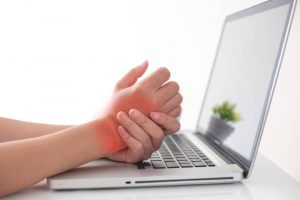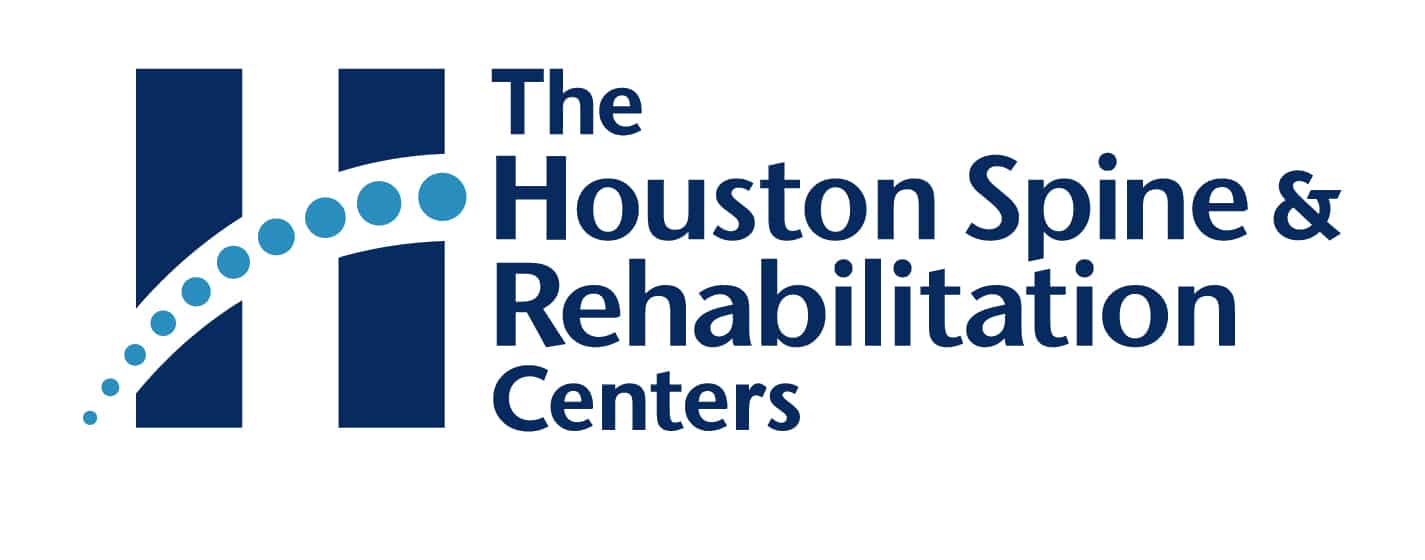Bursitis / Tendonitis Treatment in The Woodlands and Houston
Bursitis and tendinitis are both common conditions that cause swelling around muscles and bones. They occur most often in the shoulder, elbow, wrist, hip, knee, or ankle.
A bursa is a small, fluid-filled sac that acts as a cushion between a bone and other moving body parts such as muscles, tendons, or skin. Bursae are found throughout the body. Bursitis occurs when a bursa becomes swollen.
A tendon is a flexible band of tissue that connects muscles to bones. Tendons can be small, like those found in the hand or ankle, or large, like the Achilles tendon in the heel. Tendons help create movement by making the muscles push or pull the bones in different ways. Tendinitis is the severe swelling of a tendon, discover some bursitis/tendonitis treatment in The Woodlands and Houston.
Possible Causes of Bursitis / Tendonitis
People get bursitis by overusing a joint. It can also be caused by direct trauma. It usually occurs at the knee or elbow. Kneeling or leaning your elbows on a hard surface for a long time can make bursitis start. Tendinitis usually occurs after repeated injury to a certain area such as the wrist or ankle. Tendons become less flexible with age and become more prone to damage.
Doing the same kinds of movements every day or putting stress on joints increases the risk for both conditions. People like carpenters, gardeners, musicians, and athletes often get bursitis or tendinitis.
Infection, arthritis, gout, thyroid disease, and diabetes can also cause swelling of a bursa or tendon. Both bursitis and tendinitis are more frequent the older you get.
Tendonitis Q & A
What is tendinitis?
Tendinitis is a painful condition characterized by an irritated or inflamed tendon. Tendons are cords of thick, strong tissue that attach your muscles to your bones. Tendinitis can occur anywhere throughout the body, but it’s especially common in the knees, wrists, heels, shoulders, and elbows.
Most cases of tendinitis respond to conservative measures of care, such as ice, rest, and over-the-counter painkillers. However, if you experience tendon pain that interferes with your quality of life, or ability to exercise, it’s important to make an appointment with the providers at Houston Spine & Rehabilitation Centers.
What are the symptoms of tendinitis?

The symptoms of tendinitis usually occur near or around your joints. Telltale signs of tendinitis include:
- A dull ache
- Tenderness
- Mild swelling
If you have tendinitis, you might also experience difficulty straightening your arm, leg, or other affected joints. You might also notice that your pain increases during physical activity.
Who is at risk of developing tendinitis?
Tendinitis affects people of all races and genders, but certain factors may increase your risk, including being middle-aged or older, working a physically demanding job, or playing sports.
Common names for specific types of tendinitis include:
- Tennis elbow
- Golfer’s elbow
- Pitcher's shoulder
- Swimmer’s shoulder
- Jumper’s knee
Other sports that may increase your risk of tendinitis include basketball and bowling.
How is tendonitis diagnosed?
To diagnose tendinitis, the team at Houston Spine & Rehabilitation Centers conducts a physical exam, reviews your medical history, and asks you questions about your symptoms. If they suspect another underlying health problem may be to blame, they might also order an X-ray or MRI to get a closer look at your bones, joints, and supportive soft-tissue structures.
Tendonitis Treatment

Bursitis/Tendonitis treatment depends on the severity of your symptoms and their effect on your quality of life. The team at Houston Spine & Rehabilitation Centers usually recommends conservative, noninvasive measures of care, including over-the-counter and/or prescription pain medications, corticosteroid shots.
If your pain is moderate or severe, you might also benefit from a custom physical therapy plan. Your provider can develop an exercise program designed to stretch and strengthen the affected muscle-tendon unit.
In rare instances, more invasive treatments may be necessary. Your provider might recommend dry needling, ultrasonic and electric therapy, or surgery.
To request your tendinitis appointment at Houston Spine & Rehabilitation Centers today, call the office nearest you or book online.






